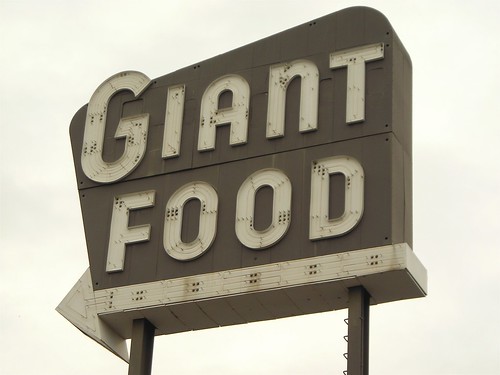Does dieting make food look bigger?
.Why do some dieters succeed in controlling their diet while others do not? This research focused on a perceptual process—size perception of food objects—that may moderate the success of dieters in self-control dilemmas. We assessed successful and unsuccessful dieters’ size perception of palatable food (Study 1) and diet-food (Study 2) after pre-exposing them to tempting food primes. Dieters perceived palatable food as bigger when primed with tempting food (vs. control prime), regardless of self-regulatory success in dieting (Study 1). Palatable food thus looms larger for both unsuccessful and successful dieters when in a “hot” state. In contrast, the perceived size of diet-food was increased by a tempting food prime only for successful dieters, but decreased for unsuccessful dieters (Study 2). These results are interpreted in terms of differences in the mental accessibility of competing goals (eating enjoyment vs. dieting) in successful vs. unsuccessful dieters. Indeed, when the dieting goal was made accessible for all dieters by a diet prime, even unsuccessful dieters perceived diet-food as bigger (Study 2). This research provides insight into a perceptual process that may be detrimental or beneficial in resolving self-control conflicts in the domain of eating and dieting behavior—and probably other domains of self-control as well.
Join 25K+ readers. Get a free weekly update via email here.
Related posts:
As we get fatter are we less able to notice it?
What’s more effective than exercise in losing weight and is much easier?
Having trouble concentrating? You might not be eating enough fatty foods.





